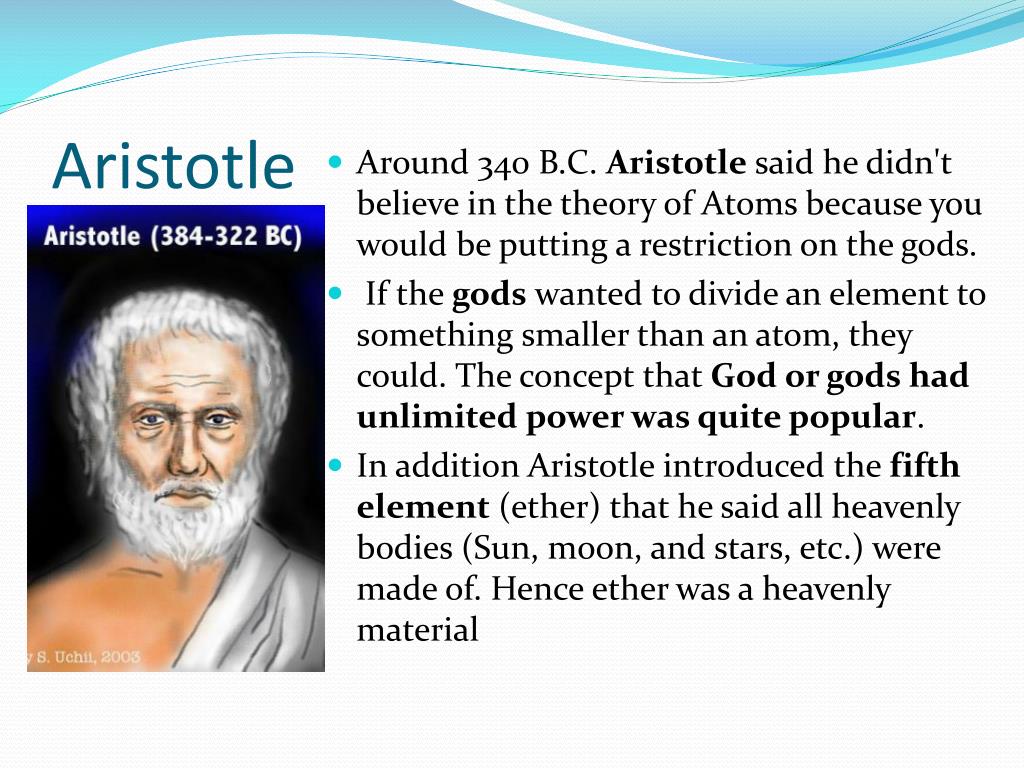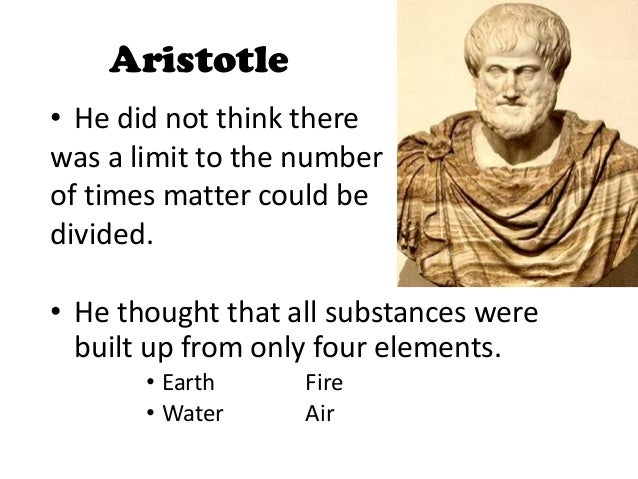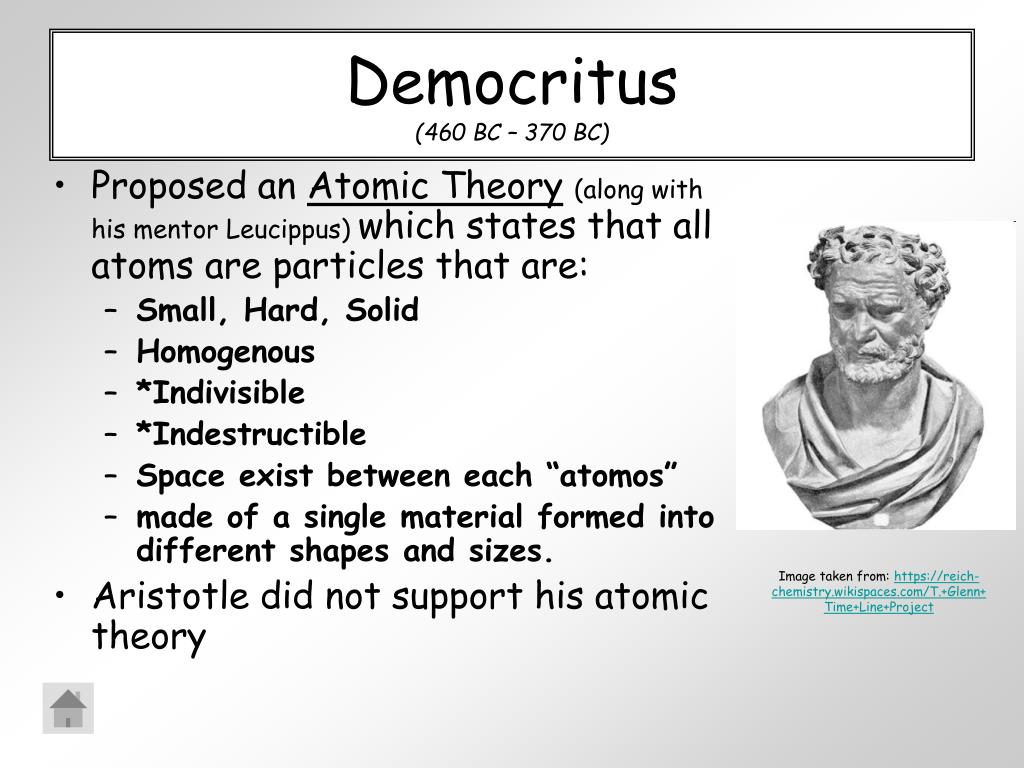
Once Aristotle returned to Athens in 335 BCE, he set up his own school, The Lyceum, a rival to Plato's Academy. Alexander's habit of carrying books with him on campaign and his wide reading have been attributed to Aristotle's influence as has Alexander's appreciation for art and culture.Īristotle's writings, like Plato's, have influenced virtually every avenue of human knowledge pursued in the west & the east. By 335 BCE, Aristotle had returned to Athens but the two men remained in contact through letters, and Aristotle's influence on the conqueror can be seen in the latter's skillful and diplomatic handling of difficult political problems throughout his career. In 343 BCE Aristotle was summoned by King Philip II of Macedon to tutor his son Alexander and held this post for the next seven years, until Alexander ascended to the throne in 336 BCE and began his famous conquests. It appears that Aristotle thought he would take over the Academy after Plato's death and, when that position was given to Plato's nephew Speusippus, Aristotle left Athens to conduct experiments and study on his own in the islands of the Greek Archipelago. He was an exceptional student, graduated early, and was awarded a position on the faculty teaching rhetoric and dialogue. When he was 18, Aristotle was sent to Athens to study at Plato's Academy where he remained for the next 20 years.

Aristotle probably spent time with the tutors at the Macedonian court, as the son and nephew of palace staff, but this not known with certainty. His uncle assumed guardianship of the boy and saw to his education. His father, Nichomachus, was the court physician to the Macedonian king and died when Aristotle was ten years old. Early LifeĪristotle was born in 384 BCE in Stagira, Greece, on the border of Macedonia. Through Alexander, Aristotle's works were spread throughout the known world of the time, influencing ancient philosophy and providing a foundation for the development of Jewish, Christian, and Muslim theology. 356-323 BCE) and made such an impression on the youth that Alexander carried Aristotle's works with him on campaign and introduced Aristotelian philosophy to the east when he conquered the Persian Empire. 359-336 BCE) as tutor for his son Alexander the Great (l. He was hired by Philip II, King of Macedon (r. In 343 BCE Aristotle was summoned by King Philip II of Macedon to tutor his son Alexander the Great. Aristotle would build upon Plato's theories to advance his own original thought and, although he rejected Plato's Theory of Forms, he never disparaged his former master's basic philosophy. The student and teacher disagreed on a fundamental aspect of Plato's philosophy – the insistence on a higher realm of Forms which made objective reality possible on the earthly plane – although, contrary to the claims of some scholars this did not cause any rift between them. 469/470-399 BCE) and Aristotle studied under Plato. 428-348 BCE) was a student of Socrates (l. He is traditionally linked in sequence with Socrates and Plato in the triad of the three greatest Greek philosophers.



This particular epithet is apt in that Aristotle wrote on, and was considered a master in, disciplines as diverse as biology, politics, metaphysics, agriculture, literature, botany, medicine, mathematics, physics, ethics, logic, and the theatre. 1300-1500 CE), he was referred to as "The Master", most notably in Dante's Inferno where the author did not need to even identify Aristotle by name for him to be recognized.


 0 kommentar(er)
0 kommentar(er)
